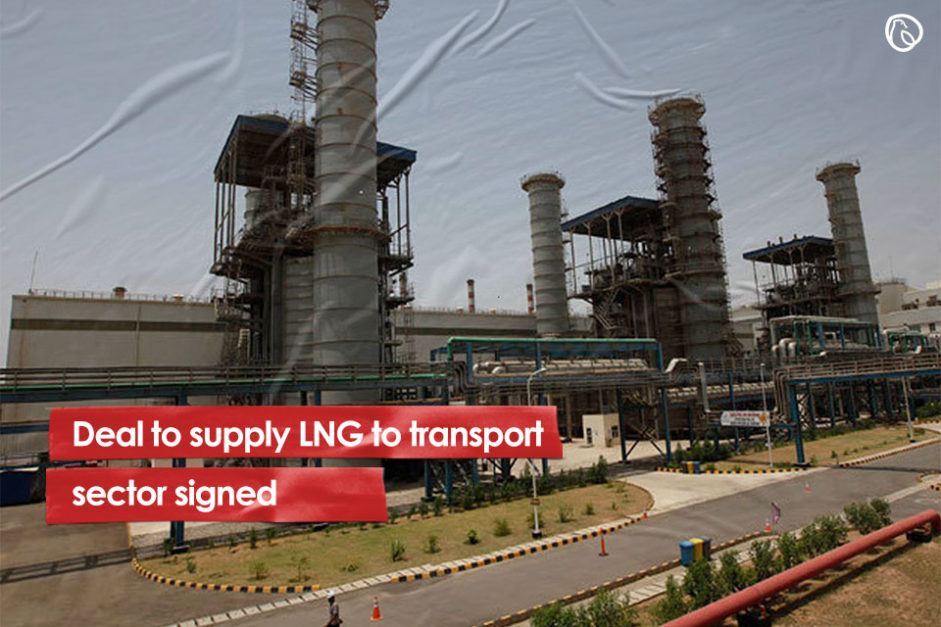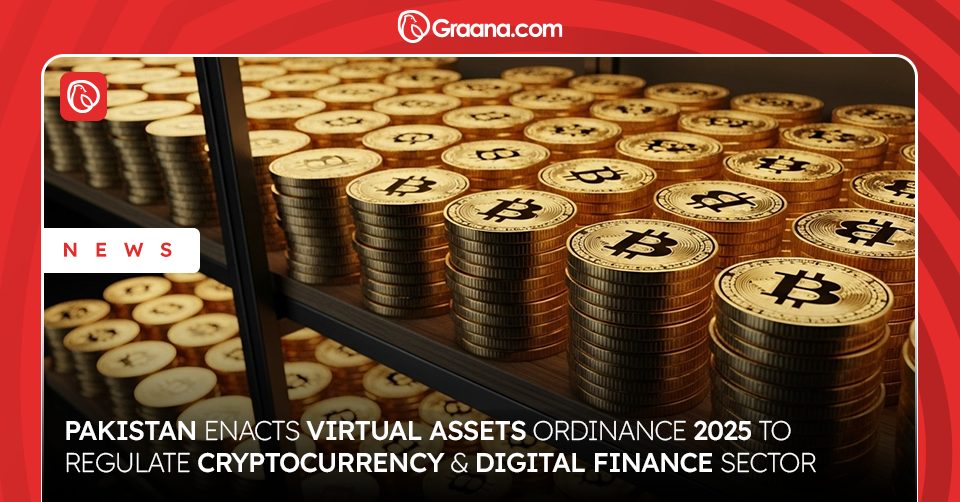ISLAMABAD: After signing a deal with ExxonMobil, Universal Gas Distribution Company (UGDC) have now signed an agreement with a Singapore-based firm Trafigura for the supply of 50-80mmcfd and utilisation of its surplus capacity at the Pakistan Gas Port Limited (PGPL) terminal.
The firm had a 5% equity participation in the terminal and acquired surplus re-gasification capacity of 150 million LNG at the PGPL terminal about two years ago. The government through its subsidiary Pakistan LNG Terminal Limited (PLTL) had booked a maximum of 600mmcfd (million cubic feet per day) processing capacity of the PGPL terminal.
As the agreement was signed by UGDC Chief Executive Officer Ghiyas Abdullah Paracha and Fadi Mitri, Business Development and Origination, LNG and Gas, Trafigura. Along with them, and BW LNG Managing Director Yngvil Eriksson Asheim was also present, whose company had provided the Floating Storage and Re-gasification Unit (FSRU) to the PGPL.
Mr Paracha briefed about the utilisation of Compressed Natural Gas (CNG) sector in Punjab, saying that about 65mmcfd of LNG is currently being utilised. He further anticipated that the requirement will increase to 80mmcfd in three to six months and will 100mmcfd in about a year supplies became predictable.
After completing the supply chain for predictable LNG supplies to CNG stations, Mr Paracha has formally requested the petroleum division to forward recent decisions of the Federal Cabinet to Sui gas companies to formally implement the TPA rules.
Mr Paracha said UGDC would not only buy gas from Trafigura but also planned to import LNG from other sources with Trafigura’s support and welcomed the recent government decision to allow construction of five LNG terminals in the private sector to open up the sector to its full potential.
He said the arrangements were being put in place that ensures that the first shipment is received by the end of October or early November when domestic gas demand started to go up against declining supplies. The number of cargoes would increase from four, depending on the revival of the CNG sector.
Moving in this direction will help the government reduce risk and increase foreign exchange while encouraging the private sector and foreign investment. Whereas, conversion of vehicles to CNG would also increase. This would result in an import bill saving of about $1 billion a year.
For news and blogs, visit Graana.com.




